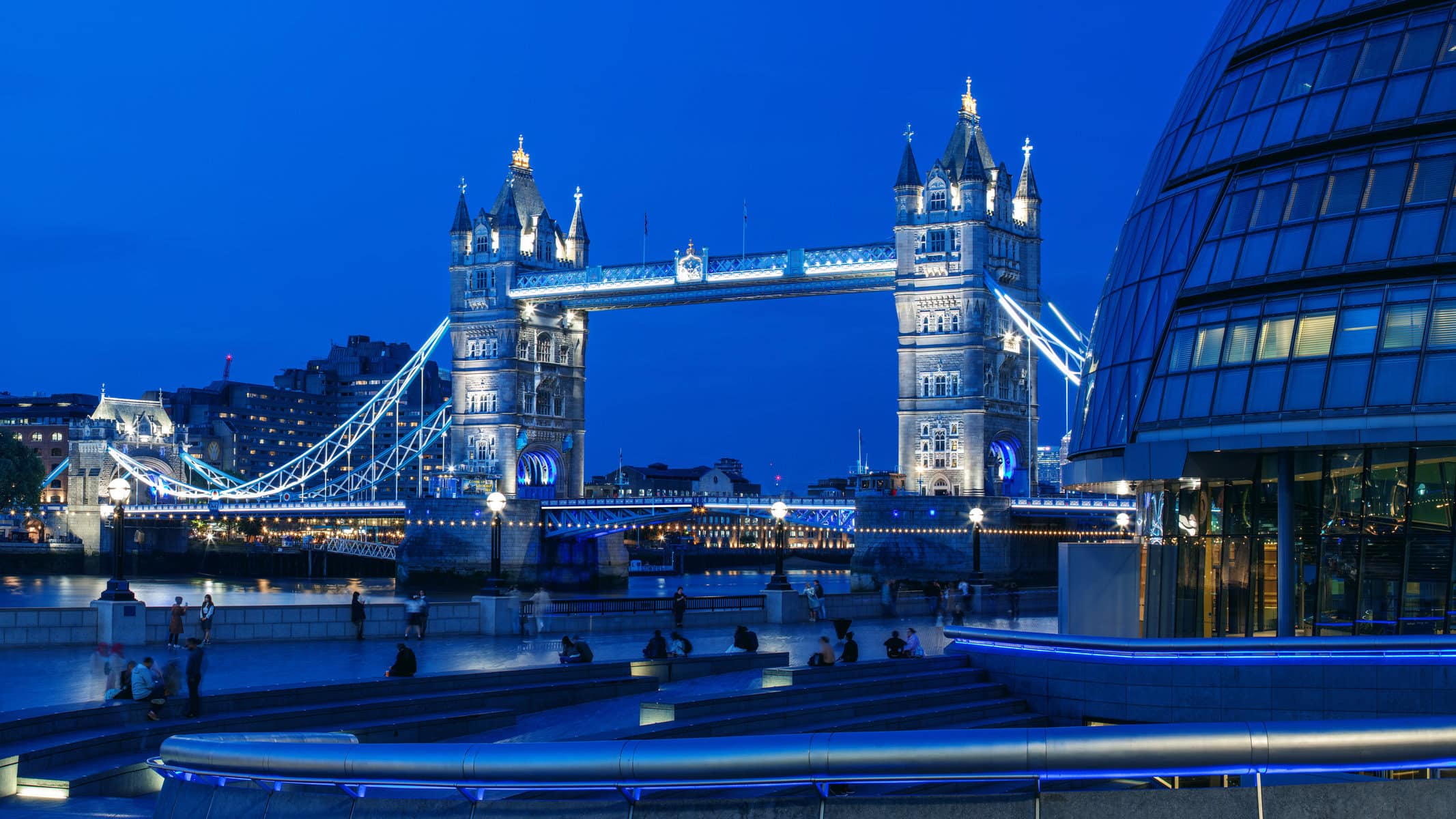Over the coming weeks, CapX will be running a number of perspectives on the future of the Conservative Party. If you have an idea you would like to contribute, get in touch at [email protected].
When it comes to considering the politics of our capital city, Conservatives tend to fall into one of two camps: perpetual pessimists and indefatigable optimists. The pessimists seem to believe that London is a Labour city: too cosmopolitan, too urban, too internationalist, too liberal, too wedded to Remain, too sectarian, too diverse, and too woke to embrace what the Conservative Party has to offer. Worse still, they are confident that London’s shifting demographics mean that the capital is only going to keep moving further away from the Tory mainstream.
The optimists take the opposite view of London’s exceptionalism. For them, London is too important to ignore: a global city with unique policy challenges, a national capital not just politically but also culturally, educationally, diplomatically, legally and financially.
While the optimist school is well represented among the politicians and activists that toil away on the frontline of London politics, the pessimists seem to hold sway at CCHQ.
At first glance, the general election would seem to make the pessimists’ case for them. While the results were awful for the party nationally, it was particularly bad in London. The Conservatives won just nine seats in London – their lowest haul ever. Viewed in isolation, these results are already objectively terrible. When sat alongside the GLA elections back in May (when the party failed to win the mayoralty for a third successive time, secured its lowest ever vote share and achieved its equal lowest number of seats on the London Assembly) and the 2022 borough elections (when the party won the fewest ever council seats and controlled the fewest boroughs in its history), they speak of an unprecedented political rout.
The Conservatives cannot afford to just be a party of leafy suburbs and rural idylls (and the general election result suggests even our grip in those areas is precarious). Winning again in London, and electing more Metro Mayors, are not ‘optional extras’ in a plan for electoral recovery. They are vital precursors to any serious, credible effort at future success. The party’s path back to power leads through Chiswick, Chelsea and Camberwell as much – if not more – than it does through Clacton.
As an unapologetic London optimist, I believe that the Conservatives can win again in London. There are several vital steps that the party needs to take to be credible, but I think the most pressing is to answer a deceptively difficult question: Who leads the Conservative Party in London?
There are several contenders. Is it the leader of the Conservative Group in the London Assembly? Is it the shadow minister for London (when we have one)? Is it whichever MP representing a London seat has served the longest or holds the most senior post in the Shadow Cabinet? Is it whichever borough leader shouts loudest? Technically, the answer is the London Regional Chairman, but even party activists could be forgiven for not knowing that, or being unable to name Clare Hambro as the incumbent.
The Conservative organisation for London needs an urgent overhaul. This is not a criticism of those involved. The problem is that the post itself lacks clout. Where London has a regional chairman, the Conservative parties in Scotland and Wales each have their own leaders (with the post of Leader of the Scottish Conservatives even decided by a ballot of members in Scotland). When it comes to the Party Board (the highest decision-making body in the party), the party chairmen in Scotland and Wales each have permanent seats, but the chairman of the London party does not. By contrast, the 1922 Committee (representing backbench MPs) has four seats and even the staff at CCHQ have a permanent representative.
It is time that CCHQ took London seriously as a political battleground. A directly elected leader for the London party, with a seat on the Party Board and a voice at the top of the party would be an essential first step. That leader could be an MP, peer, a London Assembly member, a prominent borough councillor or a popular activist. They should be backed up by a properly resourced team at CCHQ and they should take responsibility for co-ordinating campaigning across the capital. Their main role, however, will be managing the process for selecting a candidate to stand to be Mayor of London.
Making a named London leader accountable for selecting a mayoral candidate should, in turn, address one of the party’s great failings when it comes to fighting and winning City Hall elections: leaving candidate selection too late. Both Susan Hall and Zac Goldsmith were named as the official Conservative candidate less than a year before polling day. This denies the Tory candidate the time to really build their profile and master their brief. It also contributes to the perception that London elections are something of an afterthought for the party. Setting the ball rolling on mayoral candidate selection much sooner will allow for both a longer, more rigorous selection process – allowing more candidates to apply and be whittled down – and for a long campaign, that gives the lucky candidate the chance to shadow the incumbent and hold their feet to the fire.
Click here to subscribe to our daily briefing – the best pieces from CapX and across the web.
CapX depends on the generosity of its readers. If you value what we do, please consider making a donation.


